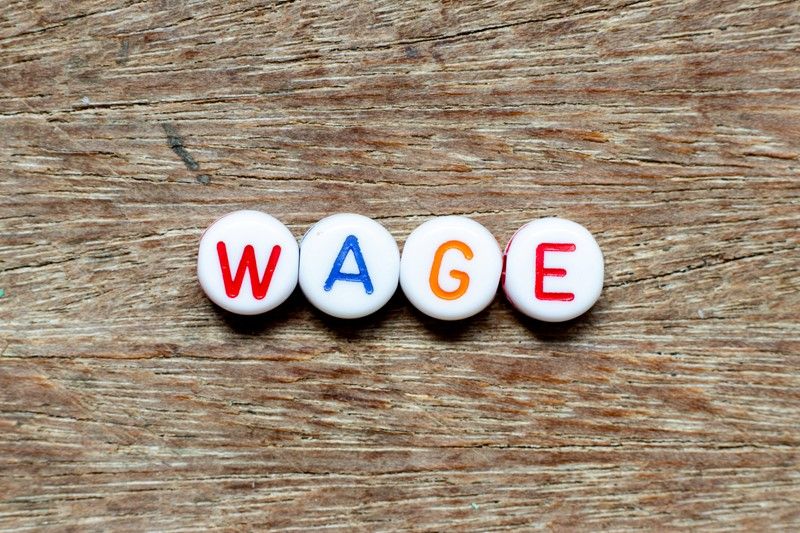The likely direction of interest rates in 2026
As we look ahead to 2026, there is growing speculation about how the Bank of England will manage interest rates during what many economists believe will be a period of calmer inflation, steadier wage growth and a more predictable economic backdrop. After several years shaped by sharp price rises, supply chain shocks and policy responses that required rapid increases to the Bank Rate, the outlook for the coming year appears more settled and this is creating a sense that borrowing costs may edge downwards rather than upwards.
The current Bank Rate stands at around four per cent following a series of cuts through 2024 and 2025 as inflation eased gradually. Policymakers have indicated that they remain alert to any resurgence in inflationary pressure, yet they also recognise that the period of high inflation is now behind us. If this trend continues and inflation drifts closer to the Bank’s long term target, it will give the Monetary Policy Committee more room to make modest reductions during 2026. Many forecasters expect something in the region of a quarter to half a percentage point of cuts during the year, although the timing will depend heavily on the data released each quarter.
For households and businesses, this would create a slightly more comfortable lending environment. Mortgage borrowers on variable deals may feel some relief as repayments fall a little and businesses that rely on flexible credit facilities could find that their financing costs ease. Fixed mortgage rates may also become more attractive if lenders anticipate further gradual reductions. However, the broader economic impact is unlikely to be dramatic, since the Bank is not expected to deliver large or rapid cuts. The emphasis is more likely to remain on steady adjustments that avoid disrupting confidence or encouraging excessive borrowing.
It is worth noting that a full return to the ultra-low interest rate environment seen before the pandemic is not expected. Structural changes in the UK economy, global supply conditions and the government’s fiscal position all point towards a future in which interest rates remain higher than the levels seen in the decade prior to 2020. Even so, a move towards slightly lower borrowing costs in 2026 would be consistent with a maturing recovery and a gradual balancing of supply and demand across the economy.
Overall, the most probable outcome for 2026 is a measured reduction in interest rates that supports economic stability without risking a renewed surge in inflation.




